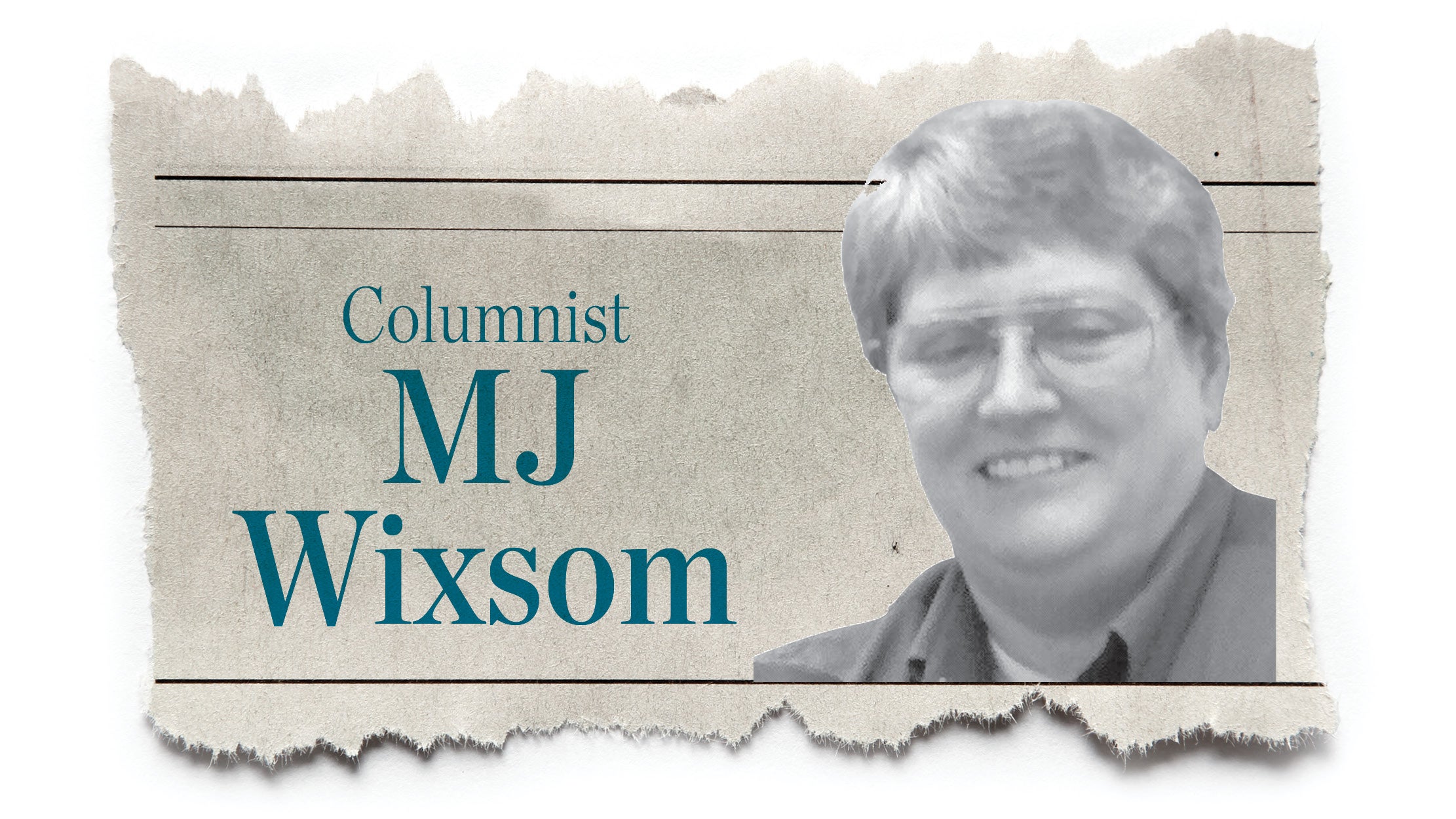Throwing out a lifeline
Published 12:01 am Sunday, May 2, 2010
Tragically, addicts are rarely alone in the quagmire of pills or alcohol they consume with abandon. The families are just as lost in a turmoil they did not create. Understanding that has inspired two churches to band together to help these other victims of addiction, with the single goal in mind of throwing out a lifeline.
Last week convicted murderer Kara Garvin of Franklin Furnace was transferred to the Ohio Reformatory for Women at Marysville where she will possibly spend the rest of her life.
In March Garvin was sentenced to life without mercy in the shooting deaths of Ed and Juanita Mollett and their daughter, Christina. At the heart of the crime was addiction. Both Garvin and the Molletts had allegedly spent years buying and selling drugs from each other.
Six days before her prison relocation, Garvin celebrated her 31st birthday behind the bars at the Scioto County Jail.
By herself.
But Garvin is not alone. She has two parents, a sister, a daughter and a host of aunts and uncles. All of whom showed up every day of the three weeks the young woman was on trial.
Many of them got up before the judge and jury to talk about Garvin’s overwhelming and never-ending addiction to drugs, be it shooting up high doses of Oxycontin or smoking marijuana.
Andrea Webb, Garvin’s older sister and sole sibling, testified during the trial that Garvin’s drug use had escalated during her relationship with her last boyfriend.
“I saw the effect. I saw how it was affecting her,” Webb told the court. “The drug use was worse than I had ever seen it. It was out of control. I wanted to take her out of the relationship. I saw what it was doing to her. She wasn’t the same person.”
If one were looking for a poster child for how drugs and alcohol ravage not only the addict, but the family as well, it would be Kara Garvin.
Acknowledging that families like Garvin’s are in need was the inspiration and mission of the program “Loved Ones,” started by Ed Hughes of the Counseling Center at Portsmouth.
Now on Thursday, June 3, a satellite version of the program will come to St. Paul Lutheran Church in Ironton for six weeks of sessions.
The series is free and participants do not have to sign up in advance or even give their names at the sessions. Their anonymity will be respected.
“It is an outreach to the community,” the Rev. David Ritchie, pastor of St. Paul, said. “The family of the ones who are addicted and recovering are hurting, just as much as those who are addicted. There is definitely a need because the family is hurting so much. Families are broken. Relationships are broken. There is theft involved, where they have to keep their addiction going. Lives are lost. Families go through a lot in this ordeal.”
The version of “Loved Ones” that will be at St. Paul is a combination of watching DVD recordings of actual sessions that were filmed at the Counseling Center and discussion, facilitated by Ritchie and the Rev. Sallie Schisler, vicar of Christ Episcopal Church in Ironton.
Before taking over the reins at Christ Church, Schisler was a drug and alcohol counselor at the Portsmouth center and had seen firsthand the program Hughes started.
“I had known about Loved Ones for a long time, even before working for the Counseling Center,” Schisler said. “There was never any advertising. It spread by word of mouth. The people who went to it always had really positive things to say about what they had learn.”
The sessions start out explaining what causes addictions and why some people are more chemically prone than others.
“Their bodies are wired differently,” Schisler said. “Where four people go out and try a beer, three will say, ‘That was interesting.’ One will say ‘Where is the next one?’”
Participants also learn the hard fact that the addict must be the one who wants to get help and make that decision.
“The bottom line is that their loved one has to decide to go into treatment,” Schisler said. “But you can make it easier for them to get treatment, like do not provide them with money. Money is the lifeblood of addiction.”
But there are other behaviors by family members that, while done with good intentions, end up enabling the addict to continue the destructive path. Schisler recalls a woman at the Portsmouth session who would set her alarm clock for 3 a.m. each night before bedtime so she could get up and drive her husband home from a bar.
“He had never had a DUI, but she was enabling him to drink,” Schisler said. “What she thought she was doing was protecting him. But what she was doing was enabling him to continue in this dysfunctional life.”
When she stopped, her husband started getting picked up for drunk driving and he was forced to face the penalties of his lifestyle.
“Consequences are what make people change,” she said. “It is not the pleading, the begging or love. It is only consequences that make someone decide that maybe I better do something about this.”
Schisler was so impressed with what she saw that she encouraged Hughes to film the sessions she was watching. Now the program is used in Hillsboro, Chillicothe and Huntington, W.Va.
“The nice thing is that people find out they are not by themselves,” Schisler said. “They think what they are going through is very unique. It feels unique, but it is not.”
Whether a program like Loved Ones could have benefited the Garvin family is unknown. And the family declines to comment as Garvin appeals her sentence.
However, it is families who have a loved one trapped in addiction that the program is reaching out to.
“When you can relate to someone else who is in the same predicament, that is so important,” Ritchie said. “That you way you don’t feel isolated. You are not alone.”




